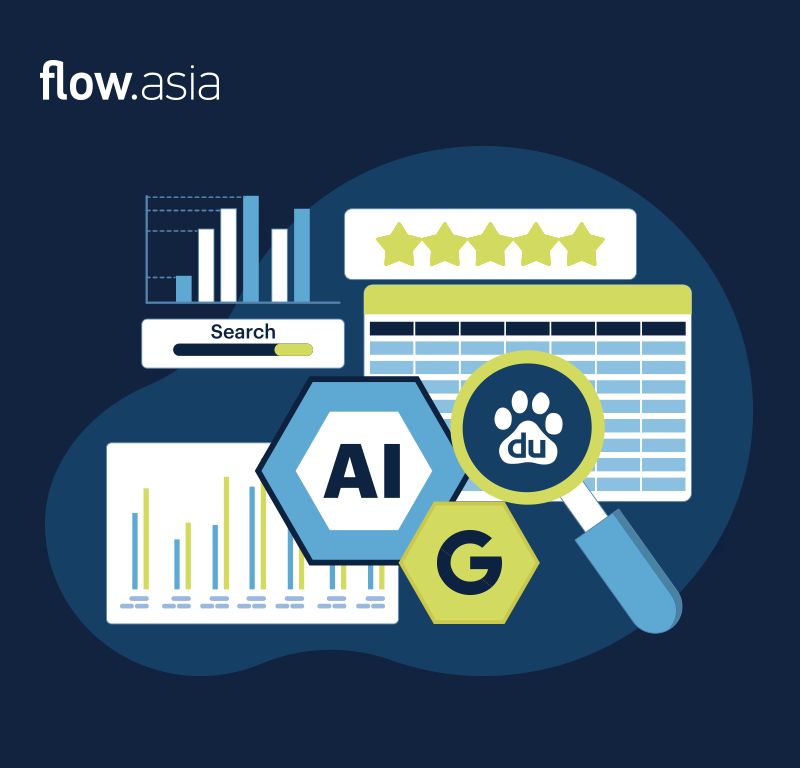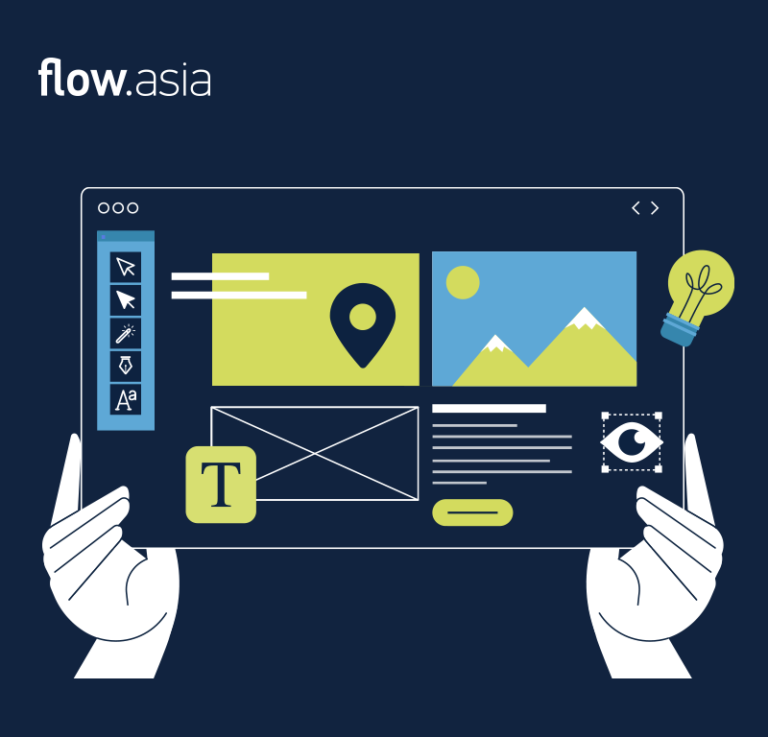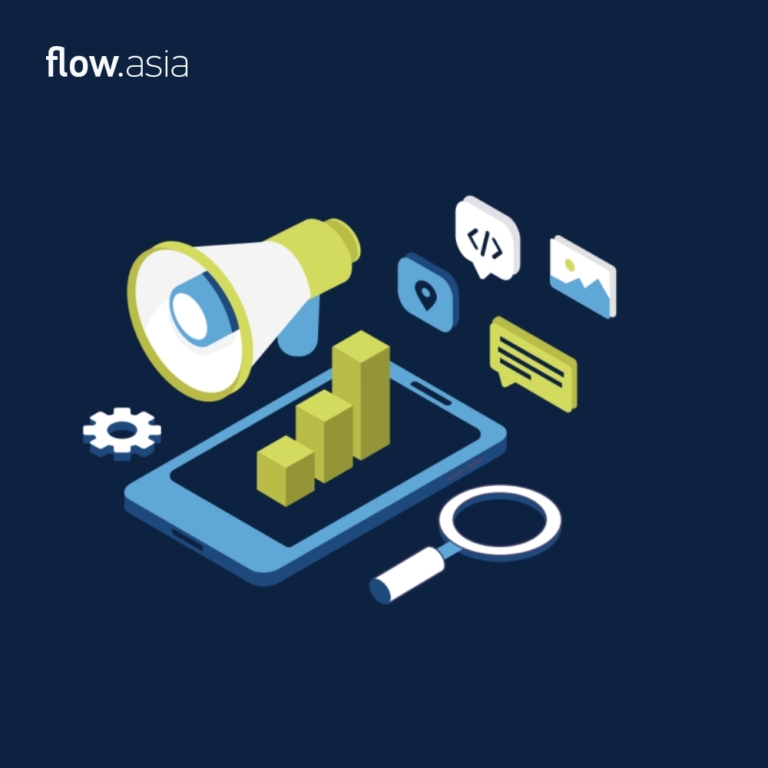

In today’s world, where AI technology is sweeping the globe, ChatGPT’s “universal answers” and Deepseek’s “intelligent dialogue” have led many to question: Will traditional search engines be replaced? Is there still value in investing in SEO (Search Engine Optimization) and SEM (Search Engine Marketing)?
As a business decision-maker, you may be pondering whether it is still necessary to compete for rankings and ad placements on Google and Baidu when users are increasingly inclined to ask questions directly to AI.
Well, the data tells a different story:
- Google’s ad revenue soared to $264.59 billion in 2024, marking a 9% year-over-year increase.
- Baidu’s core advertising revenue grew by 8%, with AI-driven marketing cloud solutions seeing over 30% growth.
- More than 70% of consumers still rely on search engines as their primary shopping research tool.
Data provided by Statista and Reuters
So why are SEO and SEM still essential for business success in the age of AI?
The AI Shortfall: 4 Reasons Search Engines Remain Irreplaceable
1. Real-Time Responsiveness: AI Can’t Capture the Next Big Opportunity
When a product goes viral, policies change overnight, or a crisis unfolds, AI’s responses are often outdated, relying on months-old data. In contrast, Google and Baidu provide real-time, continuously updated search results.
Case Study: A beauty brand leveraged Baidu SEM to bid on the keyword “best summer sunscreens” during an unexpected heatwave. Within three days, their conversion rate surged 240%—a level of agility AI simply cannot match.
2. Targeted Traffic: SEO/SEM Connects You with Ready-to-Buy Customers
AI can answer “How do I choose a coffee machine?”, but when a user searches “Best espresso machine under $500,” their purchase intent is five times higher (Google Research).
Key Insight: SEM ads convert 50% better than social media ads because search users are actively looking for solutions, making them significantly more likely to purchase.
3. Data-Driven Insights: Search Engines Hold the Key to Consumer Behavior
Every search query reveals user intent, purchasing preferences, and budget considerations—critical data that fuels product development, content strategy, and advertising campaigns.
Example: Tools like Google Analytics and Baidu Marketing Cloud integrate AI to turn SEO/SEM efforts into demand intelligence engines, helping businesses refine strategies based on real-time consumer behavior.
4. The Long-Tail Advantage: A Hidden Goldmine AI Can’t Fully Tap Into
For instance, if a manufacturer of commercial intercoms and surveillance equipment is considered, when users search for “the most effective theme park security solutions,” AI may provide general suggestions, while in-depth SEO content can precisely reach high-value customers, leading to significantly higher conversion rates. Ultimately, content from an SEO-optimized business website will be accurately crawled and indexed by search engines.
Stat: Long-tail keywords have 35% lower acquisition costs but yield 2x higher customer loyalty compared to generic search terms.
AI and Search: A Multiplier, Not a Replacement
Google and Baidu are already integrating AI into search:
- Google AI Overviews: AI-generated summaries appear at the top, but organic search rankings and ads still play a crucial role.
- Baidu Lingjing Matrix: AI restructures search results, yet SEO still determines whether your brand appears in AI-recommended content.
What This Means: User search behavior is evolving into a three-step process:
1. AI summarizes answers → 2. Users develop trust → 3. Click links to verify or purchase.
Your website, product pages, and content hubs still need strong SEO to be selected by AI and recommended to users.
How to Win in the AI + Search Era: A Business Action Plan
1. Optimize for AI-Powered Search: Secure Your Spot in AI Recommendations
- Use structured data (Schema Markup) to help AI and search engines better understand your content.
- Create in-depth, question-based content (e.g., “5 Steps to Solve X Problem”) to align with AI’s summarization logic.
2. Upgrade SEM Strategy: Move from “Buying Keywords” to “Owning the Decision Journey”
- Utilize AI-powered ad solutions like Google Performance Max to auto-target high-intent search queries.
- Embed AI-driven interactive elements (like virtual assistants) in SEM campaigns to capture and guide users seamlessly.
3. Build a Search + AI Marketing Funnel
- SEO drives users to your site → AI-powered chatbots engage and retain them → SEM retargets high-value prospects.
Case Study: An education company combined Baidu SEO with AI-driven tutoring assistants, boosting course conversion rates by 30%.
Ignoring SEO/SEM Means Handing Your Market to Competitors
AI won’t replace search engines—it will amplify their role, transforming them from information portals into decision-making powerhouses.
While competitors optimize their ad campaigns with AI and enhance their rankings with structured SEO, standing still means losing out on high-intent organic traffic.
In 2025, smart businesses are doing two things:
- Doubling down on SEO/SEM to secure a solid search presence.
- Leveraging AI to enhance marketing efficiency and maximize every search opportunity.
Now is the time to act—ensure your brand remains the top choice in the AI-powered search landscape!
Need a customized SEO/SEM strategy for the AI era? Contact our expert team for a tailored analysis.




